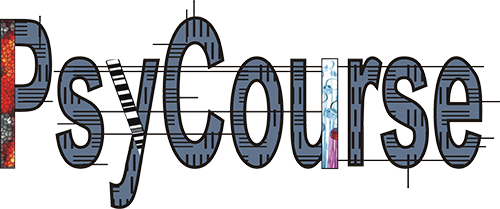
Prof. Dr. Thomas G. Schulze
Institute of Psychiatric
Phenomics & Genomics
LMU Munich, Nußbaumstr. 7
D-80336 Munich
Fon: +49 89 - 4400-55568
E-Mail:
![]()

Prof. Dr. Peter Falkai
Deptartment of
Psychiatry and Psychotherapy
LMU Munich, Nußbaumstr. 7
D-80336 Munich
Fon: +49 89 - 4400-55501
E-Mail:
![]()

Prof. Dr. Andre Fischer
European Neuroscience Institute,
UMG Göttingen
Grisebachstr. 5
D-37077 Göttingen
Fon: +49 551 - 39-10378
E-Mail:
![]()

Prof. Dr. Nikolaos Koutsouleris
Deptartment of
Psychiatry and Psychotherapy,
LMU Munich, Nußbaumstr. 7
D-80336 Munich
Fon: +49 89 - 4400-55885
E-Mail: ![]()
Complex clinical, neurobiological, and molecular signatures of the longitudinal course of psychosis: leveraging comprehensive phenotyping, novel machine learning, and (epi)genomic approaches
Based on the previous work of the Clinical Research Group 241 (CRG 241), this project aims on
identifiying clinical, neurobiological, and molecular genetic signatures of the longitudinal course of major psychiatric disorders. The original major focus on schizophrenia
and bipolar disorder will now be extended to major depression to better account for the etiological overlap between psychiatric phenotypes.
Within the next 3 years a cohort of 1,700 patients (700 SZ, 700 BD, 300 MDD) and 500 controls will be established, for which extensive phenotyping and biobanking
(blood, DNA, RNA, plasma, serum) at at least 4 time points (0,6,12,18 months) will be available.
This unique resource established in the CRG 241's German-wide recruitment infrastructure will thus constitute the core resource for human-centered
research. Advanced machine learning methods to the baseline and longitudinal phenotypic information in these cohorts will serve to define novel target phenotypes
of course and outcome for further molecular and statistical analyses. We will assess the feasibility of an individualized diagnostic classification and outcome
prediction. A vast array of data will inform these novel analyses, such as socio-demographic, psychopathological, neurocognitive and genomic data.
The machine-learning part of this project will also help defining patients at the extreme ends of the course of disorder (worst vs. very favorable course).
We will interrogate the complete genomic background of these two groups by whole-genomic sequencing to establish a potential involvement of rare variants determining
course and outcome. Finally, using cutting-edge microRNAnome sequencing, we propose to establish regulatory elements as novel biomarkers for course in schizophrenia.
